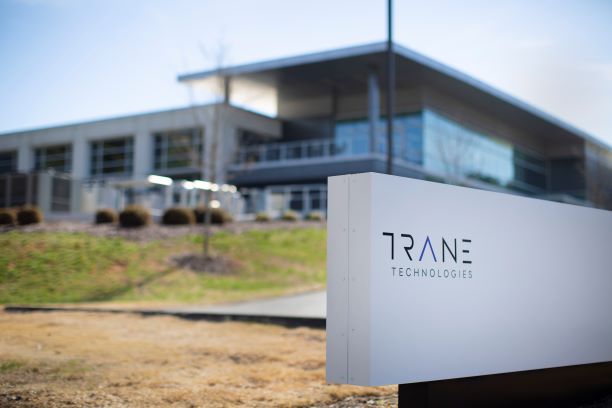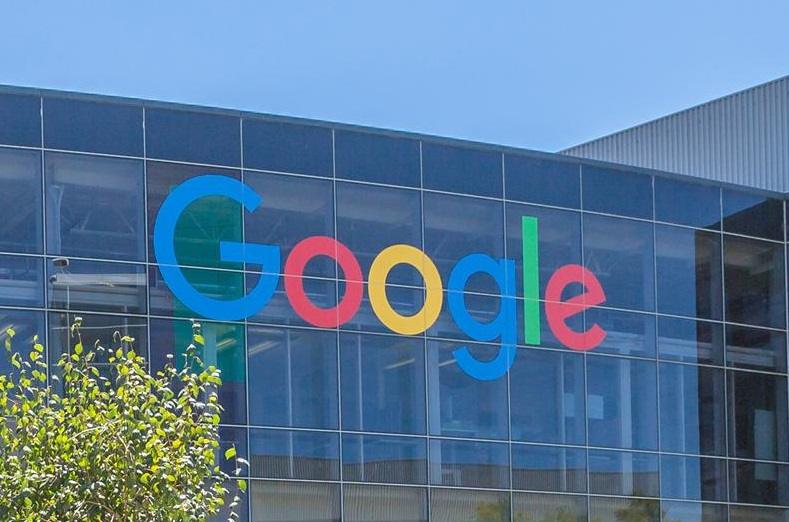Trane to Reduce Emissions from Use of Products by 97%
HVAC and climate control solutions company Trane Technologies announced today that it has become one of the first companies globally, and the first in its industry, to have its net zero carbon emissions targets approved by the Science Based Targets initiative (SBTi). The company has unveiled commitments to significantly cut greenhouse gas (GHG) emissions, including targets for a 97% reduction in emissions per cooling ton from use of the company’s products, and a 90% reduction in GHG emissions across its global operations by 2050.
SBTi launched a ‘net zero standard’ in October to assess and certify company’s commitments to achieve net zero emissions, with stringent criteria for approval, including required decarbonization of 90-95% by 2050, with neutralization of residual emissions that are not yet possible to cut. To date, only 11 companies worldwide have had their net-zero targets validated by SBTi.
Scope 3 emissions, or value chain emissions outside of the company’s direct control, account for the vast majority of the company’s climate impact, including emissions from use of products, which make up 90% of the company’s total emissions footprint. Trane had already set a target to reduce Scope 3 emissions by 55% by 2030.
Product emissions reductions also contribute to Trane’s Gigaton Challenge, the company’s pledge to reduce customer carbon emissions by 1 billion metric tons, by 2030.
Dave Regnery, Trane Technologies Chair and CEO, said:
“We’re extremely proud to be one of the world’s first companies to have our net-zero commitment aligned with science and validated by the SBTi’s rigorous process. We started our sustainability journey long before green was a trend; we set our 2020 Climate Commitments, with our first science-based targets back in 2014 and met them early by accelerating innovation. Recognizing there was no time to waste for climate action, we put a stake in the ground and set even bolder goals in 2019 – our 2030 Sustainability Commitments – including our Gigaton Challenge. Our progress on our near-term 2030 goals puts us on a glidepath toward net-zero by 2050. We invite more companies to join us as we act now to preserve our planet and pursue our purpose to boldly challenge what’s possible for a sustainable world.”





